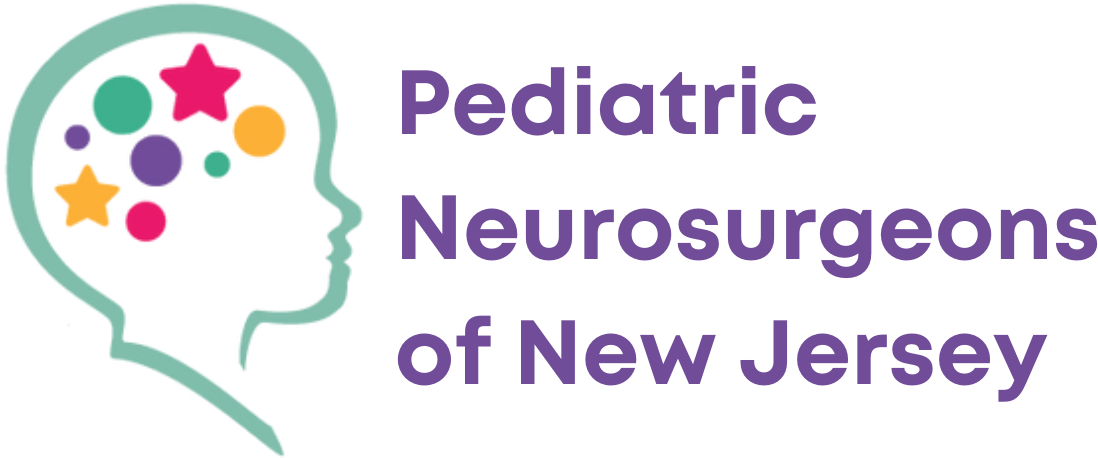Pediatric neurosurgery is a specialized field dedicated to the delicate and complex care of children with neurological disorders affecting the brain, spine, and nervous system. Board-certified neurosurgeon Dr. Vogel and our multidisciplinary team at Pediatric Neurosurgeons of New Jersey are committed to providing compassionate, family-centered care to help our young patients and their families overcome neurological challenges.
The Conditions Treated:
- Brain Tumors: Pediatric neurosurgery addresses various brain tumors, whether benign or malignant. Surgical interventions aim to remove or manage these growths, often in conjunction with other treatments like chemotherapy or radiation therapy.
- Spinal Disorders: Conditions such as spinal cord tumors, spinal deformities like scoliosis, and tethered spinal cords are treated through surgical techniques to alleviate compression or correct deformities, restoring optimal spinal balance and function.
- Hydrocephalus: Hydrocephalus, a condition characterized by an accumulation of cerebrospinal fluid in the brain, is managed through procedures like ventriculoperitoneal (VP) shunt placement or endoscopic third ventriculostomy (ETV) to divert excess fluid.
- Epilepsy: Pediatric neurosurgery can offer surgical options for children with medically refractory epilepsy, involving procedures like cortical resections or corpus callosotomy to reduce or control seizures.
- Craniofacial Abnormalities: Surgical correction of craniofacial abnormalities such as craniosynostosis, cleft lip and palate, and facial deformities is a key focus of pediatric neurosurgery to improve function and appearance.
- Neurovascular Conditions: Conditions like arteriovenous malformations (AVMs) and aneurysms affecting blood vessels in the brain can be addressed through surgical interventions to prevent bleeding or rupture.
- Peripheral Nerve Disorders: Surgeries may be used to treat peripheral nerve disorders, including the removal of nerve tumors, repair of nerve injuries, or decompression of nerves.
- Movement Disorders: Some movement disorders, such as dystonia, may be treated with neurosurgical procedures like deep brain stimulation (DBS) to alleviate symptoms.
- Congenital Malformations: Pediatric neurosurgery can treat congenital malformations of the brain and spine, ensuring early interventions to minimize neurological deficits.
- Traumatic Brain and Spine Injuries: In cases of traumatic injuries, surgical interventions may stabilize fractures, remove hematoma, or alleviate spinal cord compression.
- Other Conditions: Pediatric neurosurgery also addresses other conditions, including Chiari malformation, arachnoid cysts, neurofibromatosis, cranial and spinal infections, and more.
Each of these conditions demands a tailored approach. Dr. Tim Vogel and his multidisciplinary team perform thorough diagnostic tests to identify the root cause of the symptoms and curate a surgical plan to ensure the best possible outcomes for young patients and their families.

The Treatment
Pediatric neurosurgery may involve using various surgical techniques to address a wide range of neurological conditions in children. The process begins with an evaluation and diagnosis by Dr. Vogel and his team, ensuring a personalized plan tailored to the child’s unique needs. The surgery may involve different approaches depending on the condition.
Precision Procedures and Recovery Support
For example, brain tumor resection typically requires precise removal of the tumor, often aided by neuro-navigation systems that provide real-time guidance during surgery. In cases of hydrocephalus, the placement of a ventriculoperitoneal (VP) shunt or an endoscopic third ventriculostomy (ETV) is necessary to alleviate excess cerebrospinal fluid buildup.
We generally use minimally invasive techniques, when possible, to minimize surgical trauma and promote faster recovery. Throughout the process, neurophysiological monitoring is used to ensure the safety of critical neural structures. Our team also offers meticulous care and monitoring after the surgery to support the child on their path to recovery.
The Techniques Used:
- Microsurgery: Microsurgery involves using specialized instruments and high-powered microscopes to perform intricate procedures. It is often used for brain tumor resections, vascular surgeries, and nerve repairs.
- Endoscopy: Endoscopic techniques use small, minimally-invasive instruments and cameras to access and treat conditions within the brain and spinal cord. Procedures like endoscopic third ventriculostomy (ETV) are performed to manage hydrocephalus.
- Stereotactic Navigation: Stereotactic navigation systems provide real-time guidance during surgery, helping surgeons precisely locate and target specific areas of the brain or spine to enhance accuracy and safety.
- Laser Surgery: Laser technology can be used to treat brain tumors and epileptic lesions. It delivers focused energy to precisely ablate or shrink abnormal tissue while minimizing damage to surrounding healthy tissue.
- Neuroendovascular Techniques: These involve using catheters and embolic agents to treat vascular conditions in the brain, such as arteriovenous malformations (AVMs) and aneurysms. It minimizes the need for open surgery.
- Deep Brain Stimulation (DBS): DBS is a neurosurgical procedure to treat movement disorders like dystonia and Parkinson’s disease. It involves implanting electrodes in specific regions connected to a stimulator device to modulate neural activity.
- Shunt Placement: In cases of hydrocephalus, ventriculoperitoneal (VP) shunt placement is a common technique. It diverts excess cerebrospinal fluid away from the brain to alleviate pressure and reduce symptoms.
- Cranial and Spinal Reconstruction: For congenital malformations, cranial vault remodeling or spinal fusion surgeries are performed to restore normal anatomy, ensuring the healthy growth and development of the child.
Schedule Your Consultation
Dr. Tim Vogel is a distinguished leader in pediatric neurosurgery, renowned for his extensive experience and commitment to compassionate care. As the former Chief of Pediatric Neurosurgery at Joseph M. Sanzari Children’s Hospital and a recognized Top Doc in Bergen County, he maintains a nearly flawless track record with an extremely low rate of complications. If your child requires neurological evaluation or treatment, don’t hesitate to schedule a consultation with Dr. Vogel — we offer same-day and next-day appointments.

